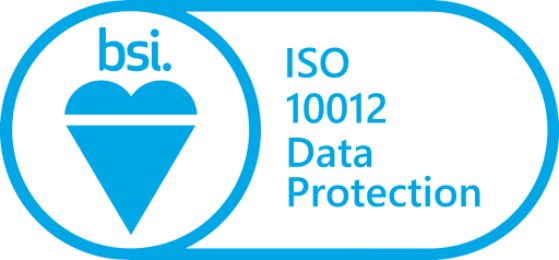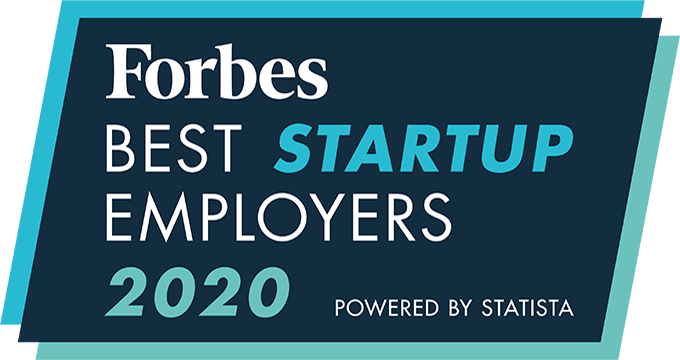Workforce scheduling is the backbone of any staffing firm, finding the right balance of personnel to meet operational demands. As businesses evolve and embrace digital transformation, the need for efficient and intelligent scheduling solutions becomes paramount. Today’s workforce is diverse, schedules are intricate, and demands are unpredictable. Mastering workforce scheduling is key to overcoming these staffing industry challenges.
Revolutionizing Staffing With Smart Scheduling Solutions
Workforce scheduling is at the heart of staffing success, dictating how businesses deploy their most valuable asset—their workforce. Traditional scheduling methods often lead to inefficiencies, with manual errors, miscommunications, and an inability to adapt to sudden changes. Smart scheduling can help alleviate those common issues.
Smart scheduling solutions leverage cutting-edge technologies like artificial intelligence and machine learning to optimize workforce management. They analyze historical data, employee preferences, and real-time demand to create schedules that are not only efficient but adaptable. These tools become the silent heroes of staffing, seamlessly navigating the complexities of employee availability, skill sets, and fluctuating demand. Imagine a scheduling system that not only considers the number of hours an employee is available but also factors in their peak performance times, ensuring tasks are assigned when they are at their best. This is the power of smart scheduling—a paradigm shift from rigid, one-size-fits-all approaches to personalized, dynamic workforce management.
Challenge 1: Personnel Balancing Act
One of the primary challenges in workforce scheduling is achieving the delicate balance between the number of staff and the tasks at hand. Overstaffing leads to unnecessary costs while understaffing results in stressed employees and compromised service quality. Smart scheduling solutions tackle this challenge by analyzing historical data and real-time trends to predict demand accurately.
Imagine the scheduling system as a seasoned conductor leading an orchestra. The conductor, equipped with a deep understanding of each musician’s capabilities, orchestrates a harmonious performance. Similarly, smart scheduling understands the unique strengths and limitations of each employee, ensuring a seamless and balanced workforce performance.
Challenge 2: Unpredictable Demand
In the staffing industry, demand can be unpredictable. Peaks and troughs in workload require a nimble scheduling approach. Smart scheduling solutions is equipped with predictive analytics, which can help you to anticipate these fluctuations and adjust schedules in real-time.
Challenge 3: Employee Satisfaction
Happy employees are productive employees, and workforce scheduling plays a pivotal role in ensuring job satisfaction. Traditional schedules often neglect employee preferences and work-life balance, leading to disengagement. Smart scheduling solutions consider and accommodate individual employee preferences, fostering a positive work environment and ensuring a happier and more motivated workforce.
A New Era of Workforce Scheduling
The future of workforce scheduling is undoubtedly intertwined with technological advancements. As AI and machine learning continue to evolve, so will the capabilities of smart scheduling solutions. The shift towards a more holistic, employee-centric approach is on the horizon, where schedules are not just efficient but empowering for each team member.
As businesses embrace this revolution, the staffing industry will witness increased productivity, reduced costs, and improved employee satisfaction. The era of workforce scheduling as a mere logistical task is fading, making way for its rise as a strategic cornerstone in the success of staffing agencies.
The Power of Smart Workforce Scheduling
Mastering workforce scheduling is the key to overcoming many staffing industry challenges. Smart scheduling solutions have the ability to adapt, optimize, and prioritize employee well-being. As we navigate the evolving landscape of the staffing industry, the synergy between technology and human-centric scheduling will help to define the future of work.
FAQs
1. How do smart scheduling solutions handle last-minute changes?
Smart scheduling solutions use real-time data and predictive analytics to adapt to last-minute changes seamlessly. These tools ensure that schedules remain optimized even in the face of unforeseen circumstances.
2. Can smart scheduling accommodate part-time and remote workers?
Absolutely. Smart scheduling solutions are designed to consider the unique needs of part-time and remote workers, creating schedules that align with their availability and preferences.
3. What role does employee feedback play in smart scheduling?
Employee feedback is integral to smart scheduling. These solutions often incorporate feedback mechanisms, enabling employees to communicate their preferences and concerns, fostering a collaborative and responsive scheduling process.
4. How can businesses transition from traditional to smart scheduling methods?
Transitioning to smart scheduling involves assessing the specific needs of the business, selecting the right technology, and providing adequate training. It’s a gradual shift that can be phased in to ensure a smooth and successful adoption.
5. Are there industries where smart scheduling is particularly beneficial?
Smart scheduling is beneficial across various industries, especially those with dynamic and unpredictable workloads. It proves particularly valuable in sectors such as healthcare, retail, and hospitality, where workforce optimization is critical.









